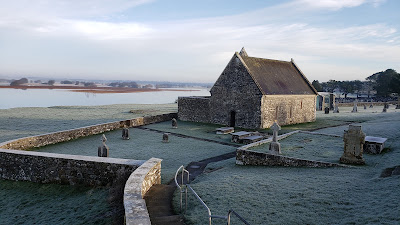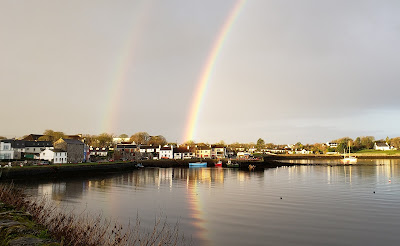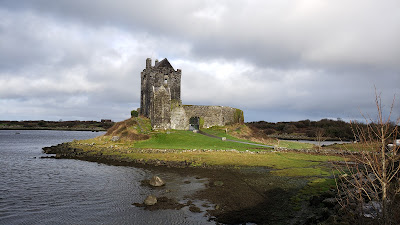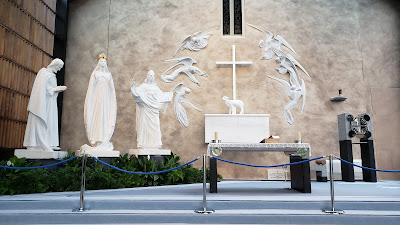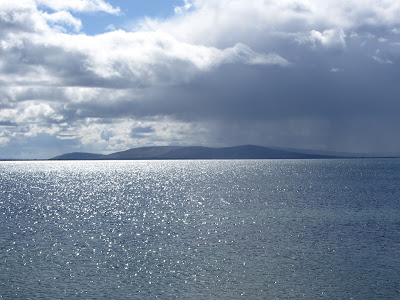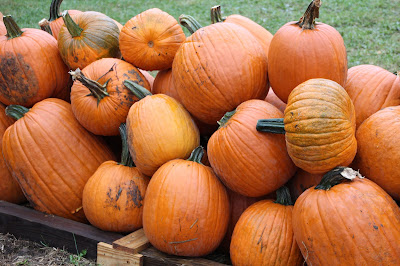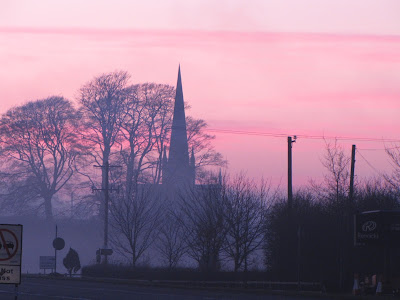On Thursday (23rd Dec) I got a call from the diocese asking me if I would be willing to let WINK News interview me. They were doing a short report, interviewing different religious leaders about Christmas. The reporter asked me what message I would like to give people about Christmas. I was thinking, the message we have is the greatest and most hopeful message there has ever been, because it is the message that everyone wants to hear, that is, where to find happiness.
Everyone in the world is looking for happiness. We may have very different ideas as to what happiness is, but everyone wants happiness. And the wonderful thing is that God created us for happiness. That was God’s design for us and initially we had total happiness. That is presented to us through the story of Adam and Eve, who represent our first parents. God gave them everything they could ask for and they were completely happy. But God also warned them to respect their limitations and remember that they were humans and not God. That’s what the tree of the knowledge of good and evil represents.
“You may eat freely from every tree of the garden, but you must not eat from the tree of the knowledge of good and evil. For on the day that you eat of it you will surely die” (Gen 2:16-17).
Only God tells us what is ultimately good and evil. If they had listened to what God told them, they would have continued to enjoy that happiness.
But Satan tempted them with a lie. He told them that they would not die, that in fact they would be like God themselves. Why would Satan even bother with us, since he is such a powerful being? Because he hates God and he hates God’s creation, especially us because we are made in the image of God. If Satan isn’t real, then Jesus lied, because Jesus spoke about him many times. Jesus said he was a liar and a murdered from the beginning.
So instead of listening to God, Adam and Eve listened to Satan. They rejected the word of God, the guidance of God and as a result, they lost the happiness that God had given them. Chaos entered their world, because they did not listen to God. The biggest problem was that they had no way of undoing the damage they had done. But because God loves us He would not allow his creation to fall to ruin. And so God the Son took on human flesh and came among us in the person of Jesus, to rescue us and this is what we celebrate at Christmas, the beginning of the great rescue. God came to offer himself in atonement for our sin, so that we could once again have that happiness. This event began at Christmas and ended 33 years later at Easter with the death and resurrection of Jesus. The sacrifice of Jesus atoned for the sin of Adam and Eve, which affected all of us. So now, the possibility of eternal happiness is there once again and God offers it to us and we have the freedom to accept or reject it.
So Christmas is celebrating the beginning of the great rescue of humanity, so that we could have happiness, which is what everyone is looking for. No wonder there were extraordinary signs at the time of Christ’s birth. Angels appeared to shepherds and different people were led to where Jesus had been born. Even the name Jesus, means, ‘Who Saves’. That’s why the Angel Gabriel said to Joseph, ‘And you must name him Jesus, for He will save his people from their sins’ (Mt 1:21).
In practical terms it means that all of our loved ones who have gone before us, can be with God in eternal happiness, which is what God intended for us in the first place. But the amazing thing is that we can reject God, because has given us that freedom. God will not force anything on us, because He respects the free will that He has given us. You cannot force someone to love you and neither will God force us to love him. So we must choose for God and we do that by choosing to live as He asks and that comes down to how we live each day.
When Our Lady appeared to St. Bernadette in Lourdes in 1858, she said to her, ‘I cannot promise you happiness in this life, but in the next.’ If we realized that we will not have full happiness in this life, but in the next, we would probably be much more at peace. But if we put all our energies into trying to find complete happiness here, we will be disappointed. We will hopefully find a certain amount of contentment and times of great happiness, but complete fulfillment is only for the world to come.
The chaos that is all around us in our world right now, is because people are doing exactly what Adam and Eve did. They have rejected God and refuse to listen to God’s word. And so what is happening is exactly what God told us would happen: chaos follows. The very answer that people are looking for, is the very thing people have turned their back on. God shows us exactly how to live, so that our lives and our world will flourish. All we have to do is follow what He commands us, but just like Adam and Eve, we are not convinced and we turn in the other direction. The answer for our world is to turn back to God once again.
In the second book of Chronicles 7:14, it says:
“If my people who are called by my name, will humble themselves and pray and seek my face and turn from their wicked ways, then I will hear from heaven and forgive their sin and heal their land.”
Throughout history, people have done the same thing again and again, rejecting God and then watching their world fall apart. It is only when they turned back to God that everything begins to fit together again. This is what the Lord is calling us to do right now: to turn back to him and ask his forgiveness.
The wonderful thing is that God wants our happiness and has gone to the ends of the earth to make sure we can have eternal happiness. All we have to do is listen to what He tells us to do.
Think of someone you love who has died. We long to be with them again and the pain is often unbearable. What God offers us is the possibility of being with them again, where we will no longer suffer and we will only have joy. That is what God wanted for us in the first place and that now awaits us if we choose it, but we must choose it.
In 1917 in Fatima, Our Lady appeared to three young children: Jacinta, Francisco and Lucia, who were 7, 9 and 10. One of the things she said to them was, “If people knew what heaven was like, they would do everything to change their ways.” Why do you think Our Lady has continued to appear all over the world over the last century in particular? To tell us to wake up, so that we don’t lose this possibility, because we can lose it if we are not careful how we live. If we continually reject the ways of God we will lose it and then we will not be with our loved ones again. That is why our choices are so serious.
So, the message of Christmas is the most wonderful and hopeful one of all. This is the answer everyone is looking for and we have already come to know it.
The angel said to the shepherds: “Do not be afraid. I bring you good news of great joy, which will be for all the people. Today in the city of David a Savior has been born for you. He is Christ the Lord.”


